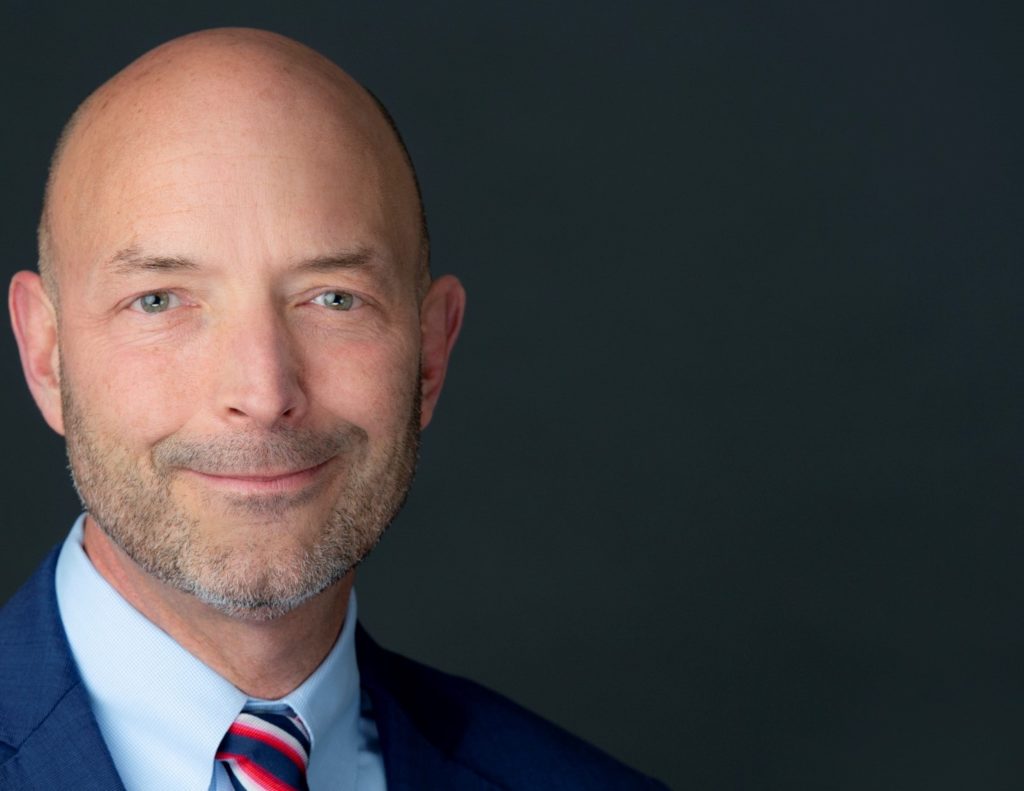Engineer Seamless Wealth Transfers From Generation To Generation
February 14, 2020
Morey Stettner; INVESTOR’S BUSINESS DAILY
As much as advisors try to bring families together to plan their financial future, there are no guarantees. Even the best plans can fall apart amid familial discord.
About 70% of intergenerational wealth transfers fail, according to research by The Williams Group, a consulting firm in San Clemente, Calif. A family’s assets might dissolve over time due to lack of stewardship, clashes among siblings or other factors. Each generational transition presents its own risks of financial erosion.
“Ultimately, what these families need are clear expectations of what’s going on,” said Rob Greenman, a certified financial planner in Portland, Ore. If interested parties harbor divergent opinions or perceptions, problems can erupt.
For Greenman, hosting annual family meetings provides a forum for participants to share their aspirations and concerns. Some families embrace these gatherings; others resist.
“Each meeting is specific to each family,” he said. “Sometimes, we start by talking about family values. Others start with the basics of financial literacy and we build out from there.”
Over time, these meetings gain traction as more family members attend and they develop more trust for each other and the advisor. As long as everyone gets a chance to pose questions and make their voice heard, there’s less chance of stewing resentments that can sabotage wealth transfers down the line.
“These meetings can’t be a one-off,” Greenman said. “To truly build an intentional, structural plan, you need to keep inviting family members every year. Be patient and they’ll eventually come around.”
Part of the challenge for advisors is guiding the matriarch and patriarch to articulate their values and vision for their legacy. Individuals who do not routinely engage in heart-to-heart communication with loved ones may chafe at this exercise — and need gentle prodding.

Learn To Say No
Meaningful communication with the next generation fosters more understanding and less squabbling. Such messaging can begin by addressing lofty concepts — from philanthropy to family cohesion — before drilling down to technical details such as stipulations in wills and trusts.
The parents need not disclose their net worth or other sensitive matters, at least at first. It’s more important to empower adult children to develop the tools to understand the responsibilities that come with financial stewardship.
Younger people who are not accustomed to managing their personal finances may benefit from practical coaching from the advisor and their high-net-worth parents.
“There will be a point when the next generation has a target on their back when they control wealth for the first time,” Greenman said. “They need to learn how to say no and have a clear framework for making decisions” with their money.
Some advisors try to forge bonds with the second generation. Fostering a working relationship with a client’s adult children lays the groundwork for a smooth transition.
Robert Wermuth, an advisor in West Chester, Pa., likes to host casual conversations with a client’s offspring at coffee shops or other informal settings. For about 45 minutes, they may chat about one or two key issues, such as household budgeting tips or how to research a particular stock.
Build Trust Across Generations
Wermuth also likes to educate adult children about market gyrations and other challenges they’ll face in the future. By teaching them about asset allocation, diversification and related investment principles, he helps them gain knowledge and insight into how their parents manage their wealth.
We may see how mom and dad’s portfolio might react to a 20% market downturn,” he says. “The alternative to not talking about all this now is the children learn about mom and dad’s money after their funeral.
Throughout these discussions, advisors sometimes double as therapists. If family members dwell too much on money for its own sake — what it can buy, how their ego gets tied up in their wealth — they can overspend or succumb to peer pressure. Engendering a sense of gratitude, not entitlement, increases the odds that the next generation will respond well to their inheritance.
Cultivating trust with a client’s children and grandchildren also paves the way for a more seamless transfer of wealth. Advisors who make a concerted effort to build working relationships with younger family members find that those individuals are less likely to switch financial planning firms later.
Wermuth cites a 23-year-old daughter of a longtime high-net-worth client who initially showed little interest in money management. He worked with the client’s daughter to understand personal finance topics such as maximizing her employee benefits.
We’ve also taught her how to hold the advisor team accountable, along with her accountant and attorney,” he said. “I’ve emphasized the importance of getting all of them to communicate in front of you about what you need to know.

